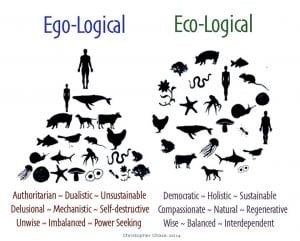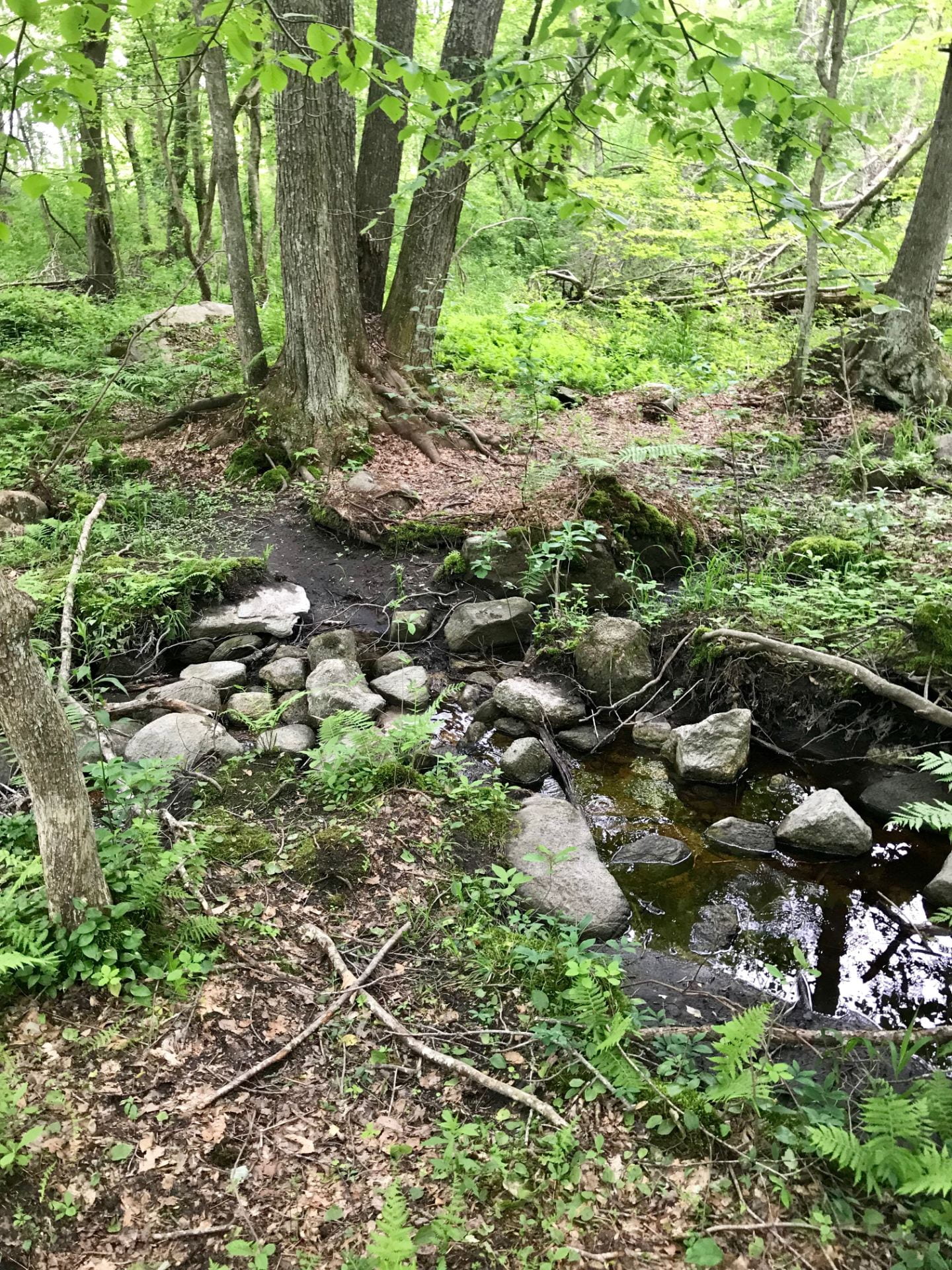The Plan has come Together
Although the inability to have a diner party was not ideal the next step was to deliver the food to my friends and collect donations to send to my choice organization, which is, Heart-Head-Hands (https://heart-head-hands.com/). They are an online organization that does, blogging, research writing, e-courses, workshops, coaching, consulting, and speaking focused on “everyday living for justice”.
One of the focuses of the organization is ecofeminism and vegan eating which supports my cause. One of their many feminist goals is, “Connecting this personal question of why vegan? With the political work of ecofeminism and movements for social, racial, gender, economic, and environmental justice” (Godbee). Organizer Beth Godbee is an educator, former professor, researcher, feminist and vegan herself. In her blog she writes about her ongoing efforts, struggles, and attitude toward maintaining living everyday for justice. After some research I felt this organization had a cause I wanted to support. I was so compelled to learn more about Beth being a vegan because I made the choice to try eating vegan myself, that I read her blog and found encouraging entries such as “Why I’m Vegan: Doing Something Small and Sustained” that reminded me why I was doing this is the first place.
In ecofeminist thought choosing to be vegan or even a vegetarian “marks a daily bodily commitment to resist ideological pressures to conform to political standards, and to establishing contexts in which caring for can be non-abusive”, (Curtin) therefore refusing to conform to patriarchal standards that encourage the mistreatment of animals for human consumption.  By organizing this dinner party and explaining to my friends I created; for my friends, and myself a greater understanding of what being a “vegan” is. It’s not a fad or a bandwagon you should get on, its purpose has a deeper meaning that rests on feminism. I was surprised at how I was able to have a conversation about ecofeminism without preaching! Reading Beth Godbee’s blogs highlighted the importance of what I was doing with the dinner party and my small personal change of eating like a vegan. I think the dinner party was a success in that my friends now see a connection between human and non-human animals and the oppression they share. Furthermore I was able to raise $150 for “Heart-Head-Hands”(there is also an option for monthly contributions) and although I have strayed somewhat from my vegan diet I have gained valuable knowledge to make better and more informed choices in the future and have saved some animals in the process. That was my personal goal.
By organizing this dinner party and explaining to my friends I created; for my friends, and myself a greater understanding of what being a “vegan” is. It’s not a fad or a bandwagon you should get on, its purpose has a deeper meaning that rests on feminism. I was surprised at how I was able to have a conversation about ecofeminism without preaching! Reading Beth Godbee’s blogs highlighted the importance of what I was doing with the dinner party and my small personal change of eating like a vegan. I think the dinner party was a success in that my friends now see a connection between human and non-human animals and the oppression they share. Furthermore I was able to raise $150 for “Heart-Head-Hands”(there is also an option for monthly contributions) and although I have strayed somewhat from my vegan diet I have gained valuable knowledge to make better and more informed choices in the future and have saved some animals in the process. That was my personal goal.
By making a small personal change I was able to educate other people about my cause. My personal decision to eat and cook vegan became political in the way I shared my experience and reason for my choice with others. Not only did I create awareness about vegetarian ecofeminism to my “dinner party” guests but also to my family, and co-workers who also observed my new eating habits (my family also participated in the 5-day vegan plan).  I may not have converted anyone to veganism but I have planted a seed of ecofeminism in many of my friends and family, which is, in part what activism is about. I showed how ordinary people could contribute to doing something for the environment, and animals, even if it’s small. I think people were surprised that doing something like I did was considered activism. Which lead to a conversation about activism and then about feminism and so on. Like I said I might not have converted anyone to be a vegan but I feel I helped people understand the connection between meat and women and create awareness around the violence and mistreatment against non human animals so they can make more informed choices. Whether your activism is big or small you have the ability to create change.
I may not have converted anyone to veganism but I have planted a seed of ecofeminism in many of my friends and family, which is, in part what activism is about. I showed how ordinary people could contribute to doing something for the environment, and animals, even if it’s small. I think people were surprised that doing something like I did was considered activism. Which lead to a conversation about activism and then about feminism and so on. Like I said I might not have converted anyone to be a vegan but I feel I helped people understand the connection between meat and women and create awareness around the violence and mistreatment against non human animals so they can make more informed choices. Whether your activism is big or small you have the ability to create change.
I have included the links to the recipe’s I used for the dinner party if you would like to view (or use) them. My favorites were the Creamy Mushroom Risotto and the Snickers Cheesecake!
Vegan Dinner Party Dishes
Spring Minestrone:
https://www.goodhousekeeping.com/food-recipes/a43221/spring-minestrone-recipe/
Hearty Spaghetti with Lentils and Marinara:
https://cookieandkate.com/hearty-spaghetti-with-lentils-marinara/
Creamy Mushroom Risotto:
http://wallflowerkitchen.com/creamy-mushroom-risotto-vegan-gf/
Churro Banana Bites:
https://www.delish.com/cooking/recipe-ideas/recipes/a51527/churro-banana-bites-recipe/
Vegan Snickers Cheesecake:
https://minimalistbaker.com/vegan-snickers-cheesecake/#_a5y_p=5095848
Bibliography
Curtin, Deane. “Contextual Moral Vegetarianism.” 8 February 2020 <http://www.animal-rights-library.com/texts-m/curtin01.htm>.
Annotated bibliography:
Godbee, Beth. Heart-Head-Hands.com: Everyday Living for Justice. 31 March 2020. 6 April 2020 <https://heart-head-hands.com/>.
Beth Godbee is the founder and creator of “Heart-Head-Hands” website. Beth lives in Washington D.C. and is a educator, researcher, entrepreneur, and public writer. She also is a former professor at Marquette University. The website features a blog, online courses, coaching, and workshops all focused on feminist issues such as environmental justice, racial justice, gender and economic. Beth herself is a vegan and centers a blog around her choice to be vegan and her journey of commitment for justice.




